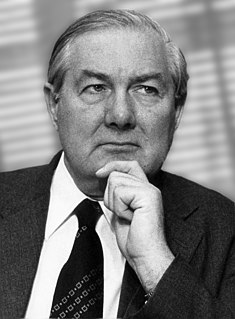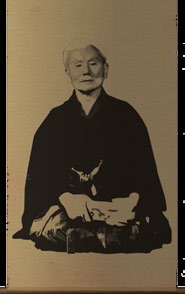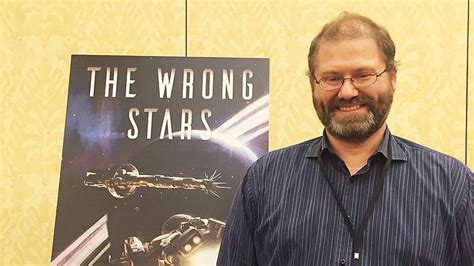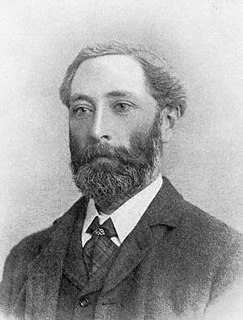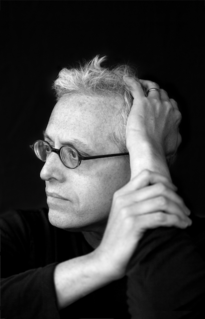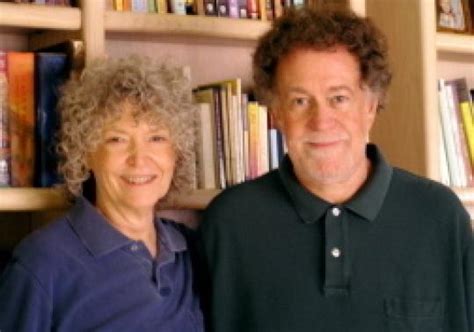Top 90 Revising Quotes & Sayings - Page 2
Explore popular Revising quotes.
Last updated on April 20, 2025.
It is quite clear from what has been said and written that, time after time after time, there has been a conspiracy between the Conservative Front Bench in this House and the inbuilt Conservative majority in the House of Lords to defeat legislation that has passed through the House of Commons... I warn the House of Lords of the consequences... it is our strong view that the House of Lords should recall that its role is not that of a wrecking chamber, but of a revising chamber. In recent weeks, it has been wrecking legislation passed by this House.
My revision methods are chipping things away and moving them around and trying to get things right. I'm also open in my own writing to failure. I want to fail. I want to go to a place where I don't know what I'm doing, where maybe I'm lost. And in that uncertain space, I make decisions, and I know all those decisions are going to change everything else. And at a certain point, you just come to a place of rest. In revising, you reduce your options so that nothing is possible, and you just think, I can't change this anymore because I've already passed that decision point.
I write very raw, ugly, illiterate first drafts very quickly (novels are always in first draft in under a year) and then I spend years and years fine-tuning, revising, editing, etc. What inspires me? Who knows. I am not inspired that much. That’s why I write long form fiction - I am not much of a short story writer. Ideas come seldom, but when a good one comes, I really stick to it and see it out. I’m a problem-solver - I've never thrown out an entire manuscript; I've always forced myself to repair it until it was a lovable thing again.
Unfortunately, throughout the housing crisis we've seen innocent homeowners who have been victims of shady mortgage lenders and unscrupulous individuals who have used a down market to line their own pockets at the expense of others. This bill is designed to send a message by revising our laws to ensure criminals are brought to justice and that law enforcement has the tools to uncover these fraudulent schemes and go after the bad actors. Criminals should be put on notice that ripping off homeowners and taxpayers won't be tolerated.
Hoping to see karate included in the universal physical education taught in our public schools, I set about revising the kata so as to make them as simple as possible. Times change, the world changes, and obviously the martial arts must change too. The karate that high school students practice today is not the same karate that was practiced even as recently as ten years ago [this book was written in 1956], and it is a long way indeed from the karate I learned when I was a child in Okinawa.
I love drafting like I love eating ice cream or having sex; I love revising like I love doing logic puzzles; I love line-editing like I love perfectly organizing a bookshelf; I hate reviewing copyedits and the second round of proofreading because, by then, I'm getting pretty tired of my own words. They all have their own challenges, though.
If the book is finished—published and on the shelf—I do not think of revising it. But if I'm not finished psychologically with characters, they will recur, either as themselves or as new, slightly altered manifestations, and their same issues will reappear. It's a matter of the subject and emotional investment and my own obsessive thinking about various issues It's an unconscious process. To say that a single story is not done isn't quite true. A story can be finished and judged successful or not by somebody else, but if the issue is not done for me, I can count on its reappearance.
In a story, for example, you'll start off with a character who is a little bit of a cartoon. That's not satisfying and you start revising. And as you revise you always are making it better by being specific and by observing more closely, which actually is really the same as saying you love your characters. The close observation equals love of them.
One great aim of revision is to cut out. In the exuberance of composition it is natural to throw in - as one does in speaking - a number of small words that add nothing to meaning but keep up the flow and rhythm of thought. In writing, not only does this surplusage not add to meaning, it subtracts from it. Read and revise, reread and revise, keeping reading and revising until your text seems adequate to your thought.
Bryce Zabel and I went down the road of revising the Kennedy historical record together on the NBC seriesDark Skies. This time instead of giving new meaning to the established JFK chronology, hes created a brand new one altogether.Surrounded by Enemiesis an exhilarating ride, full of twists and turns that never were, but surely could have been.
Biot, who assisted Laplace in revising it [The Mécanique Céleste] for the press, says that Laplace himself was frequently unable to recover the details in the chain of reasoning, and if satisfied that the conclusions were correct, he was content to insert the constantly recurring formula, 'Il est àisé a voir' [it is easy to see].
I guess the thing I would say most fervently is that your original impulse to write something is an impulse you should trust, and that if it doesn't work on the first draft, which it hardly ever does, the commitment to revising ought to be something you embrace really early. And to revise and revise and revise.
I once had an editor advise me, as I was revising one of my early novels, to add more characters. I played around with the idea. As soon as I'd decided a few fresh faces and give them something to do, I realized that what my editor had really asked for was more plot. Ding. More characters equals more action.
Ever since 'Strange Heaven,' I haven't really reread my old work. Not so much because I don't like the writer I was, or because I find flaws in the writing, but more because I get so burnt out on a novel once I've finished writing, revising, editing and copy editing it that I genuinely never want to look at it again after it's gone to press.
I love the students - they are remarkable, inspiring people. I would miss teaching if I stopped doing it. The kind of work I do is pretty diverse: I can cast a play while doing a polish of a screenplay, while thinking about a new play and revising another. In other words, the kind of work that I do during my work day is not just writing, yet it is all part of the job of being a playwright.
[While designing] I'm mixing two lines of thought really: me as a designer for women and then me as a man. At the start of the design process it's the designer for women that comes to the forefront - sketching and revising the silhouette. Then the man comes into the picture - and I look at the shoe from a very masculine point of view. Then there is a conflict between the two sides of me. Sometimes the man wins, and sometimes the designer wins.
When someone disagrees with me, I do not have to immediately start revising what I just said. People don't want me to always agree with them. They can sense this is phony. They can sense I am trying to control them: I am agreeing with them to make them like me. They feel; "I don't want to exist to like you. I DON'T exist to like you."
The human race may be compared to a writer. At the outset a writer has often only a vague general notion of the plan of his work, and of the thought he intends to elaborate. As he proceeds, penetrating his material, laboring to express himself fitly, he lays a firmer grasp on his thought; he finds himself. So the human race is writing its story, finding itself, discovering its own underlying purpose, revising, recasting a tale pathetic often, yet none the less sublime.
Love is a story we tell with another person. It's cocreation through conarration. When you hit bumps in the road and challenges, you write a new chapter in your story together. Love is the constant act of revising and retelling your own story in real time. You don't do it by yourself. You do it with someone else. The only way you do that is to talk to each other and create a shared narrative.
